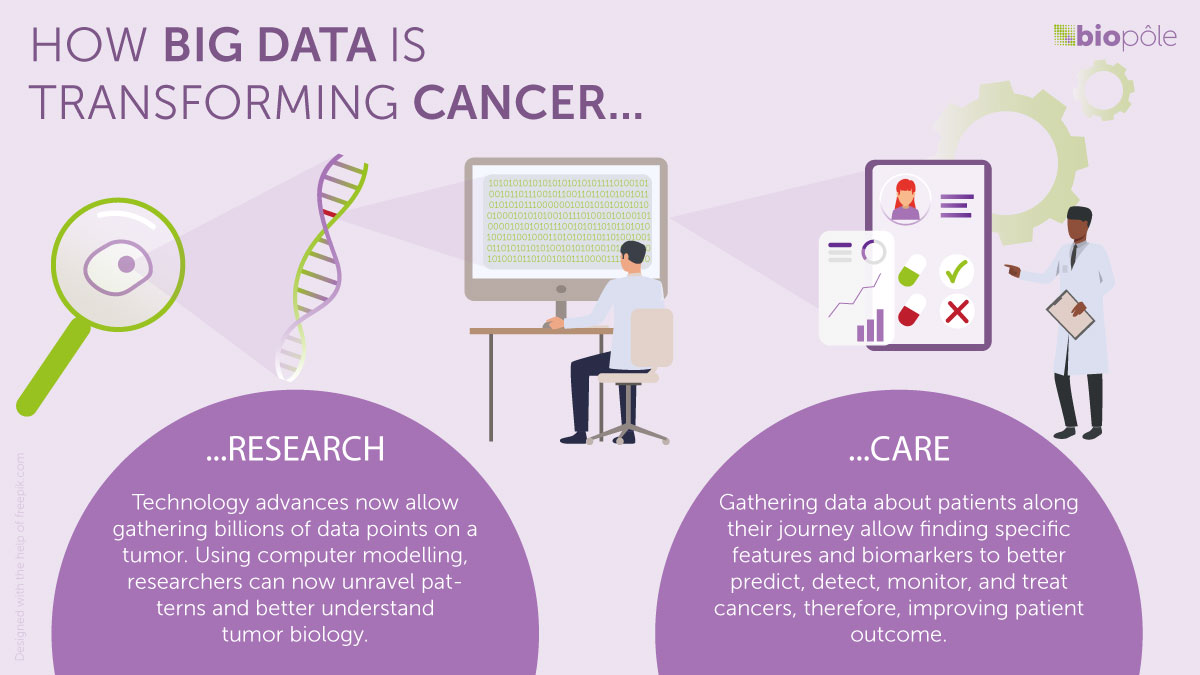Dr Sahar Hosseinian tells us about her journey to entrepreneurship and shares her top tips to succeed in today’s competitive market.
How did you get to where you are today?
I’m from Iran and moved to Switzerland over two decades ago. I studied here, became a data scientist in mathematical modelling and lectured at the EPFL for three years. Then I got to the point where I asked myself, should I work for a big pharma company as a way of using my knowledge or should I go to a start-up? I met two biologists who were hugely inspiring and had amazing data that leveraged the host response in cancer patients to save their lives. It was a no-brainer – I decided to help them analyse their data and develop an early colorectal cancer detection test. And the more I analysed the immune response data, the more I saw we can learn from data. I didn’t know at the time that the three of us would co-found Novigenix together.
How did you go from analysing data to starting your own company?
The immune system is dynamically responsive, and I found it incredible that we can take immune response data and turn it into information that helps patients. I became more and more interested in starting a business and commercialising our products, so we founded Novigenix in 2014. Personally, I believe that data-driven, precision medicine solutions will revolutionise the way we detect disease and develop drugs.
And what does Novigenix do?
At Novigenix, we analyse immuno-transcriptomic data with the application of artificial intelligence to create mRNA biomarkers in precision oncology. This means that, from a patient’s blood sample, we extract RNA to get a full image of their immune response.
Our scientific team has unique experience in getting information out of a huge amount of mRNA data. This can then be used to detect and monitor disease to improve patient outcomes. We can see, for example, if someone is at risk of developing certain types of hereditary cancers, or help biopharma with their drug development phases by providing actionable biomarkers.
I was a driven scientist, but you really have to fight for your ideas to convince others of their value.
Being an entrepreneur takes a lot of determination. What has helped or inspired you along the way?
I learnt a lot from my father, who was a senior army officer. He used to tell me that if you want something, you have to fight for it. You have to be brave and not afraid of failure. This is advice I’ve always tried to follow. I was a driven scientist, but you really have to fight for your ideas to convince others of their value. As an Iranian women, you learn to live with challenges.
What is your biggest strength?
I’m not someone who gives up. I’m the mother of two baby boys (although I probably can’t call them babies any more – they are 6 and 9 years old!) and at home we try to teach them to be resilient. When they’re frustrated in their games, we tell them that in life, we don’t lose – we’re here to learn every day.
Why did you choose Biopôle for your company?
We were one of the very first companies at Biopôle; we’ve been here for seven or eight years. We’ve seen Biopôle grow over this time and become a great hub for life sciences companies. There are lots of options for different collaborations and we’ve built many networks here. Biopôle does a phenomenal job of gathering people together through lab sharing and other initiatives. And they have solutions for anyone wanting to join – big companies, small companies, start-ups.
What are your tips for young entrepreneurs?
Sahar obtained her PhD in applied statistics in 2009 and the Certificate of Advanced Studies in Management of Biotech Medtech and Pharma Ventures in 2012, from the Swiss Institute of Technology in Lausanne (EPFL). She was also a lecturer at the EPFL for applied statistics for life sciences.
